Rethinking Career Paths: Prioritising Flexibility Over Fixed Plans?
I have never really had a traditional career or followed many of the rules about traditional career progression. My pathway might not work for many people but I have enjoyed taking this different path and sharing my journey. It may help others put their thinking into perspective?
Traditional career planning focuses on setting firm goals and following a set path. However, today's work environment changes rapidly anyway - so this makes a flexible approach more valuable for the next generation. I have always rebelled against the received wisdom of the ‘norm’ so setting out goals around artificial measures of success have always been something I have rejected. I don’t use my time ‘efficiently’ - worth looking at my 4000 week blogs on this!
Life, much like the changing seasons, moves through distinct phases. Looking back, I see my journey unfolding across four major chapters—each shaped by new challenges, growth, and purpose.
I began with nearly a decade in Local Authorities, working in economic development and regeneration, striving to create positive change in communities. That experience paved the way for my next season: 13 years as a Member of Parliament, where I had the privilege of shaping policy and representing people’s voices on a national stage.
From politics, I transitioned into entrepreneurship, spending 15 years running a small business—navigating the highs and lows, learning invaluable lessons, and embracing the independence that comes with it.
Now, I’m stepping into my fourth season: moving away from paid work while still pursuing a life of purpose and balance. Retirement, for me, isn’t about slowing down; it’s about shifting focus—continuing to contribute, staying engaged, and making the most of this next chapter.
Each season has brought its own challenges and rewards, but the common thread has always been a sense of purpose. And as I move forward, that remains the guiding force. I aspired to as a 22 year old. I don’t have any specific skills so I have had to be good at self reflection about who to use my limitations to make a living!
Why Fixed Plans Can Be Limiting
A strict career plan can become outdated quickly. Technology changes, industries shift, and personal interests evolve. Holding onto a rigid plan can lead to feeling stuck and unable to adapt. It is also pretty boring. My need for a non linear path is deeper. I love being involved in multiple aspects of life and my community, Being limited to one job, task or workstream is not me.
Focusing on Purpose and Skill Development
Instead of a fixed career path, prioritise these elements:
Understanding Your Core Values: Identify what truly matters to you in your work.
Building Versatile Skills: Develop skills that are useful in many different jobs, like problem-solving and communication.
Being Open to Change: Prepare to adapt to new situations and learn new things.
Creating a Strong Network: Connect with people in various fields to expand your knowledge and opportunities.
The Importance of Career Change
Life events may require a career change. This can be a positive opportunity to:
Reassess Your Goals: Decide what is most important to you now.
Explore New Possibilities: Discover new skills and interests.
Align Your Work With Your Values: Create a career that feels meaningful.
Practical Steps for Adapting Your Career:
Build Financial Stability: Save money to provide flexibility during transitions.
Adopt a Growth Mindset: View challenges as learning opportunities.
Commit to Continuous Learning: Keep your skills up-to-date.
Develop Resilience: Learn to handle setbacks and adapt to change.
What does this mean.
In a changing world, the ability to adapt is crucial. By focusing on your purpose, developing versatile skills, and being open to change, you can build a fulfilling career. Flexibility is more important than a fixed plan. It is also a great way to live. I can vouch for that! I know this isn’t for everyone so what do you think? How has your career developed?

